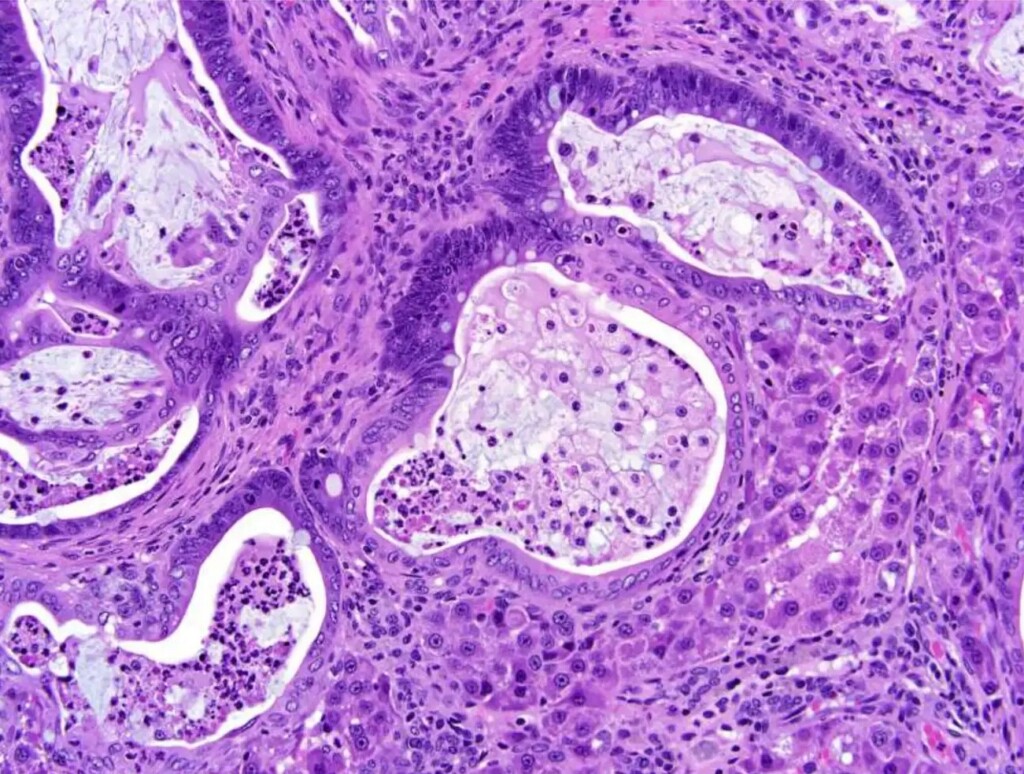
Rodent Liver Tumors: NCI/NTP Historic Perspective
Following a brief review of the history of the rodent carcinogenicity studies, data from 40 years of NCI and NTP rat and mouse liver cancer studies are presented along with pathology examples of typical liver tumors.
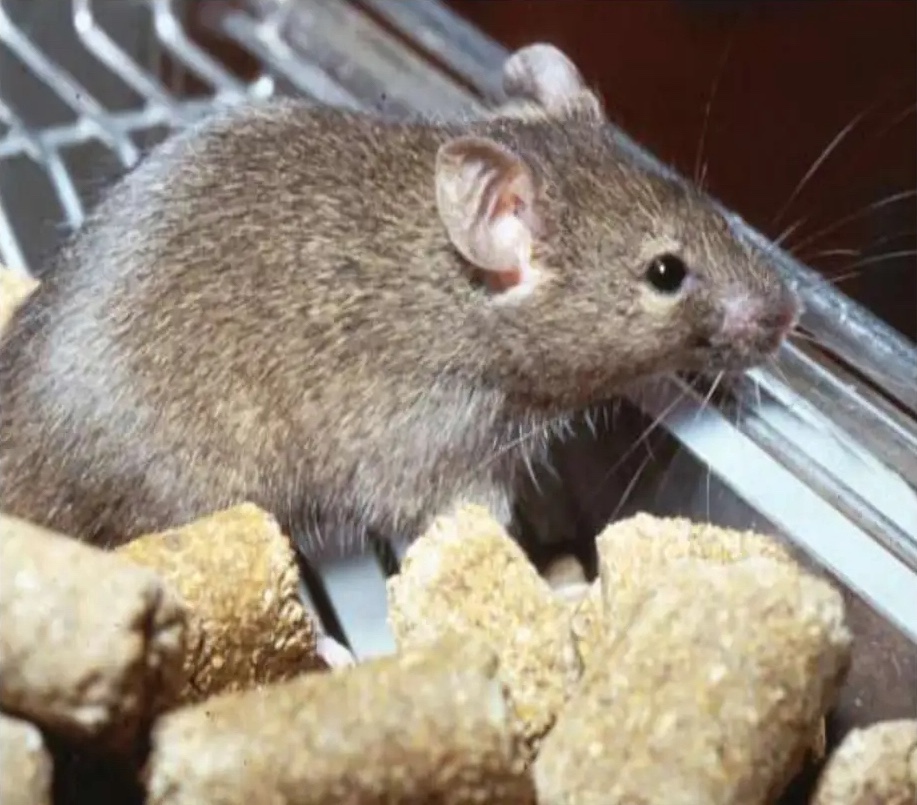
Rodent Liver Tumors
Following special review of historical cancer studies with emphasis on famous Japanese scientists, an overview of rat and mouse liver cancer studies are presented with suggestions for future research directions by The Institute of Environmental Toxicology.
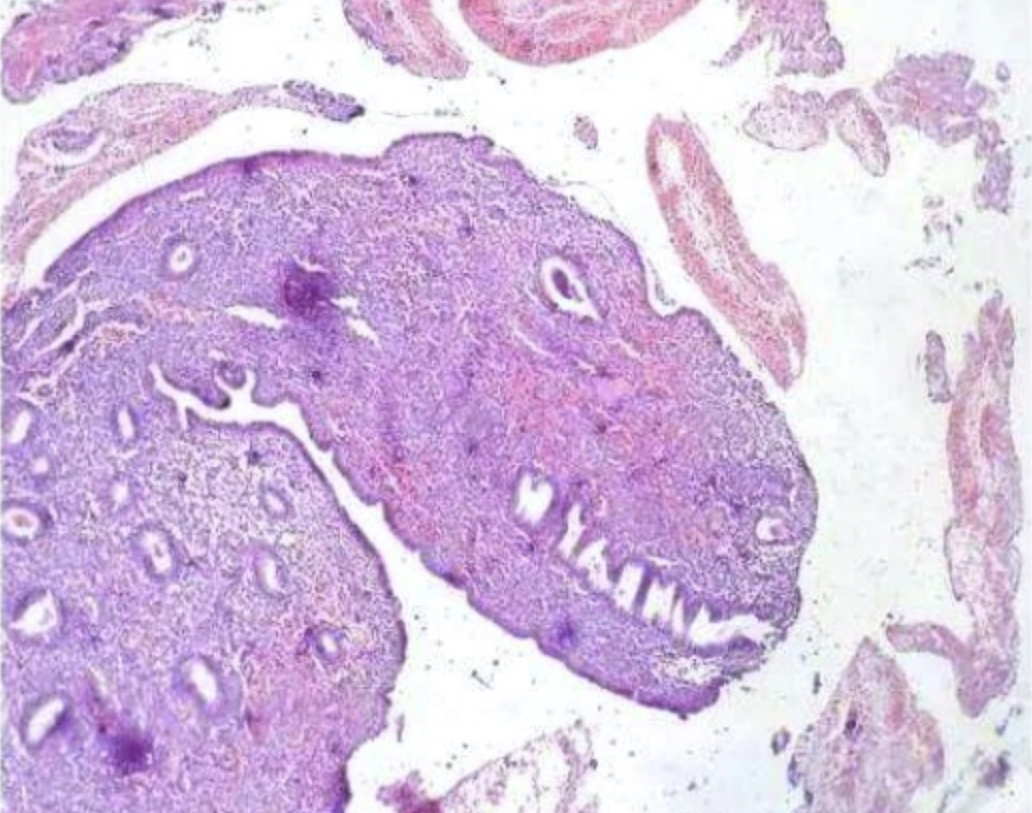
Defining Adverse, Non-adverse and Adaptive Responses in Safety/Risk Assessment
The judgment on the adverse nature of an observation in a non-clinical toxicology study is subject to discussion, challenge, and reinterpretation.
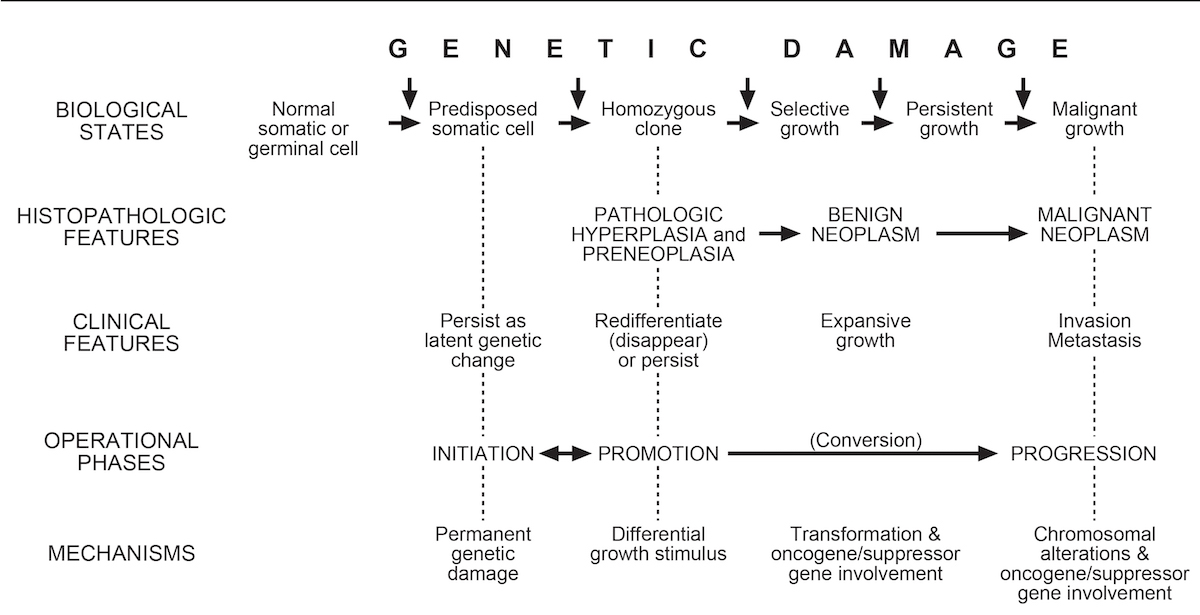
Carcinogenesis – World Toxicologic Pathology Congress
This carcinogenesis lecture created as part of a day course dealing with pathology for non-pathologists. Basic concepts are presented with pathology examples
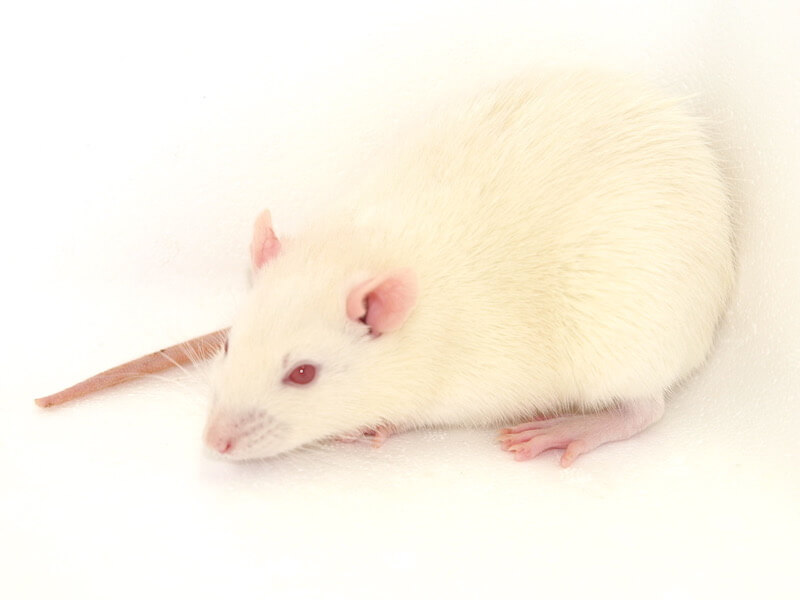
The Legacy of the F344 Rat at the National Toxicology Program
This lecture is based on a 2016 publication in Critical Reviews in Toxicology (Vol 46:641-675) & also includes kidney and forestomach tumors in addition to mononuclear cell leukemia, Leydig cell tumors, and tunica vaginalis mesothelioma.
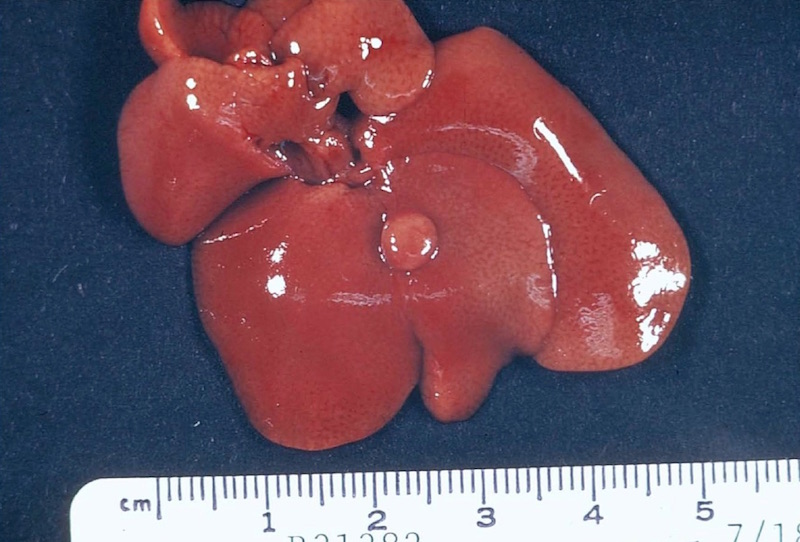
INHAND Non-Neoplastic Hepatobiliary Lesions
Material presented covers non-neoplastic rat and mouse lesions that are part of the INHAND nomenclature effort plus additional examples of liver tissue artifacts.
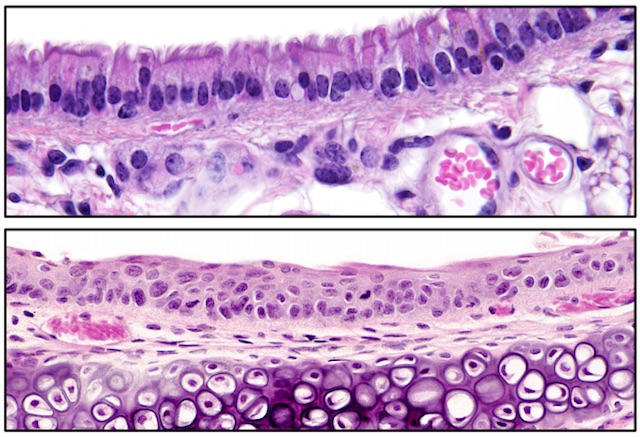
Adverse, Non-adverse and Adaptive Responses in Toxicologic Pathology
Discussion of definitions of adversity followed by defining NOAELs using practical case examples of adverse, non-adverse and adaptive responses along with how to deal with lesion reversibility and exacerbation of background lesions in preclinical toxicology studies. Includes comments on justifying results to regulatory authorities.
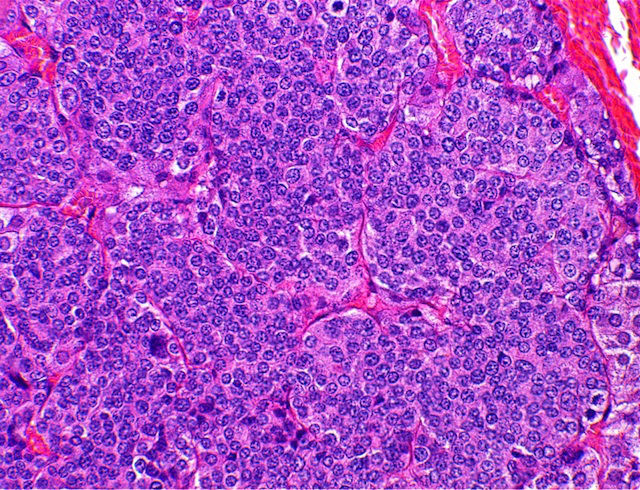
Pathology of the Adrenal Gland
This toxicologic pathology presentation provided examples of normal, degenerative lesions of the rat and mouse adrenal gland and includes non-neoplastic proliferative lesions as well as common and rare adrenal cortical and medullary cancers.
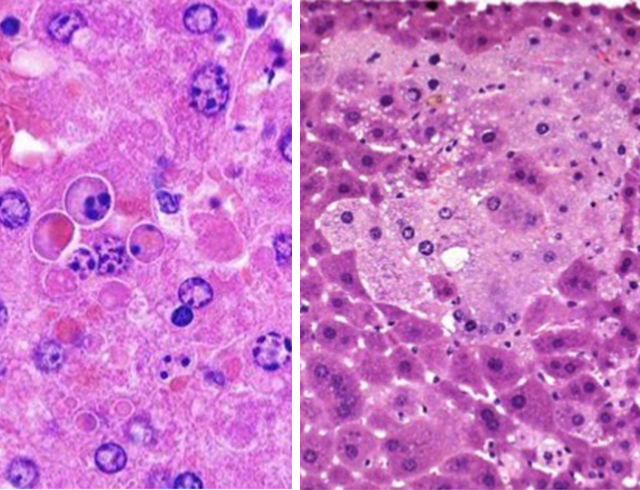
Hepatotoxicity
A toxicologic pathology overview of liver toxicity including clinical and anatomic pathology, histopathology of toxic liver lesions, factors that influence liver toxicologic pathology, and case examples for establishing a NOAEL.
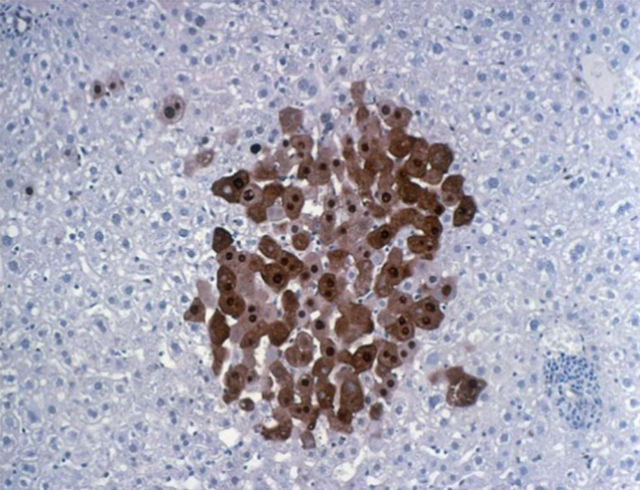
Rat Liver Foci
A gallery of photomicrographs depicting the spectrum of foci of cellular alteration in the rat liver that might be encountered during toxicologic pathology evaluation of preclinical studies.
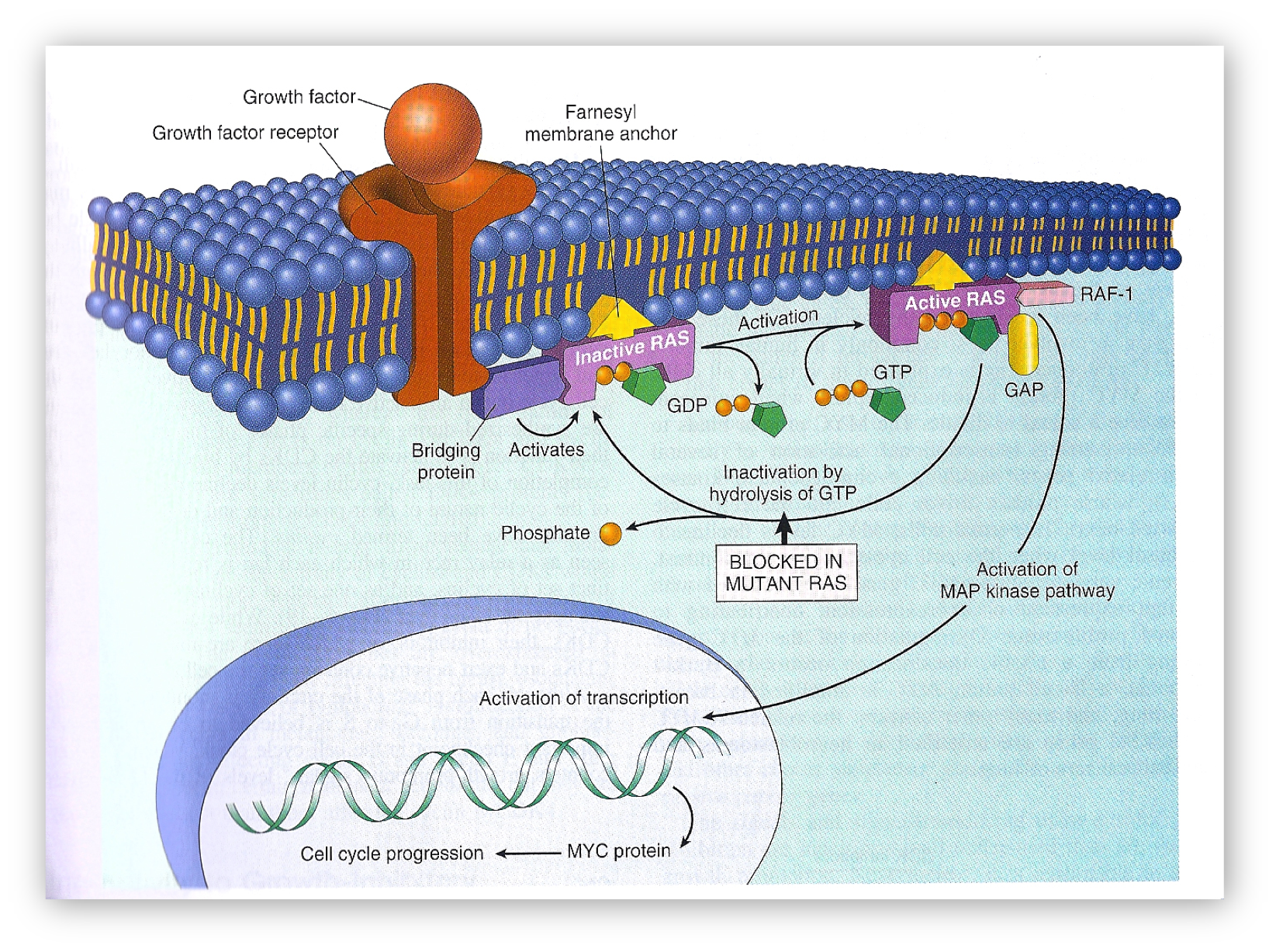
Histopathology of Carcinogenesis
This toxicologic pathology presentation covers basic principles and lexicon of carcinogenesis with representative photomicrographs and case presentations for evaluating potential cancer bioassay tumor responses.
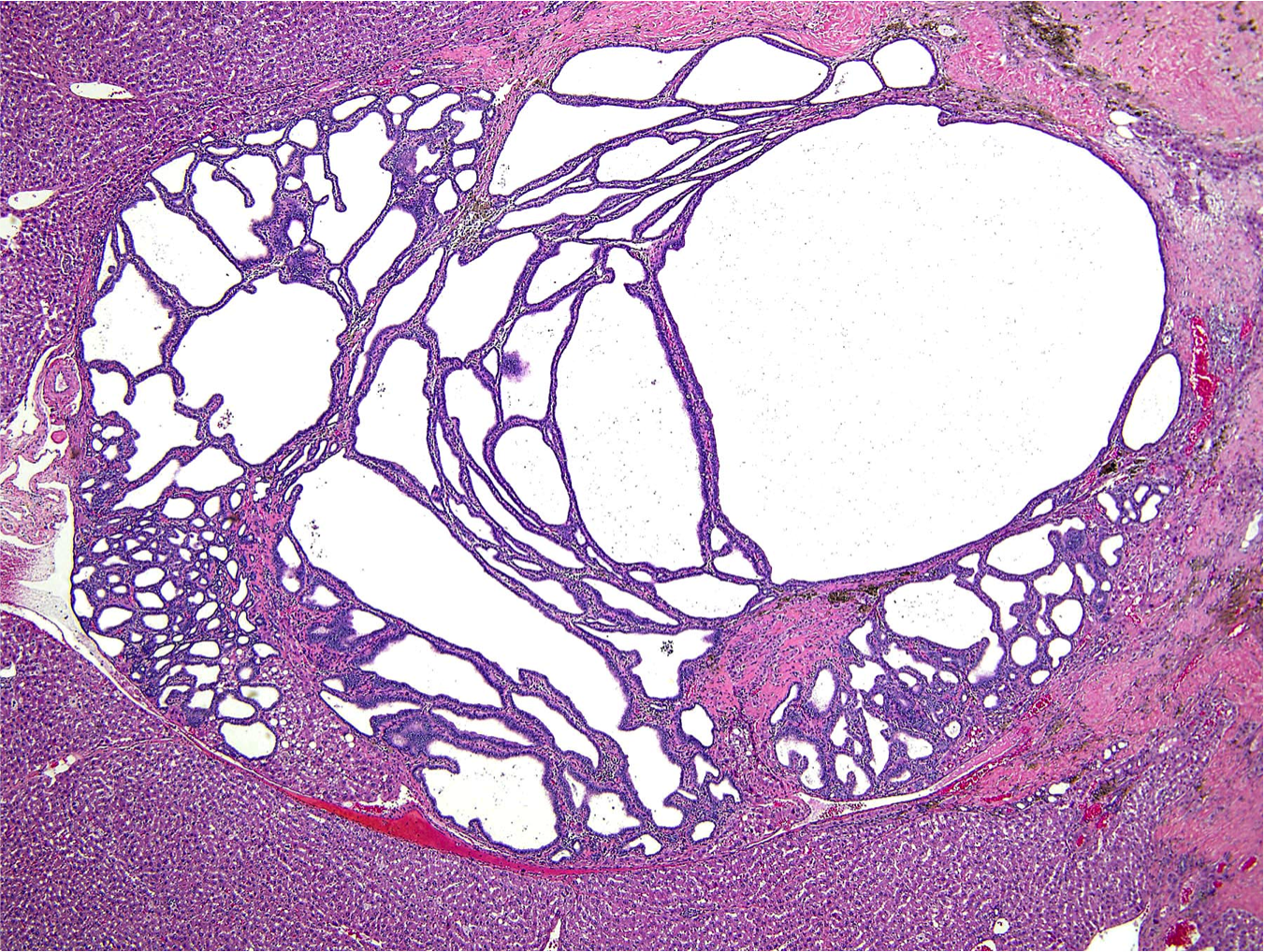
Rodent Liver Lesions – Neoplastic
This presentations is focused on microscopic features of rat and mouse neoplastic liver lesions that are commonly seen during toxicologic pathology evaluation of rat and mouse two-year cancer bioassays.
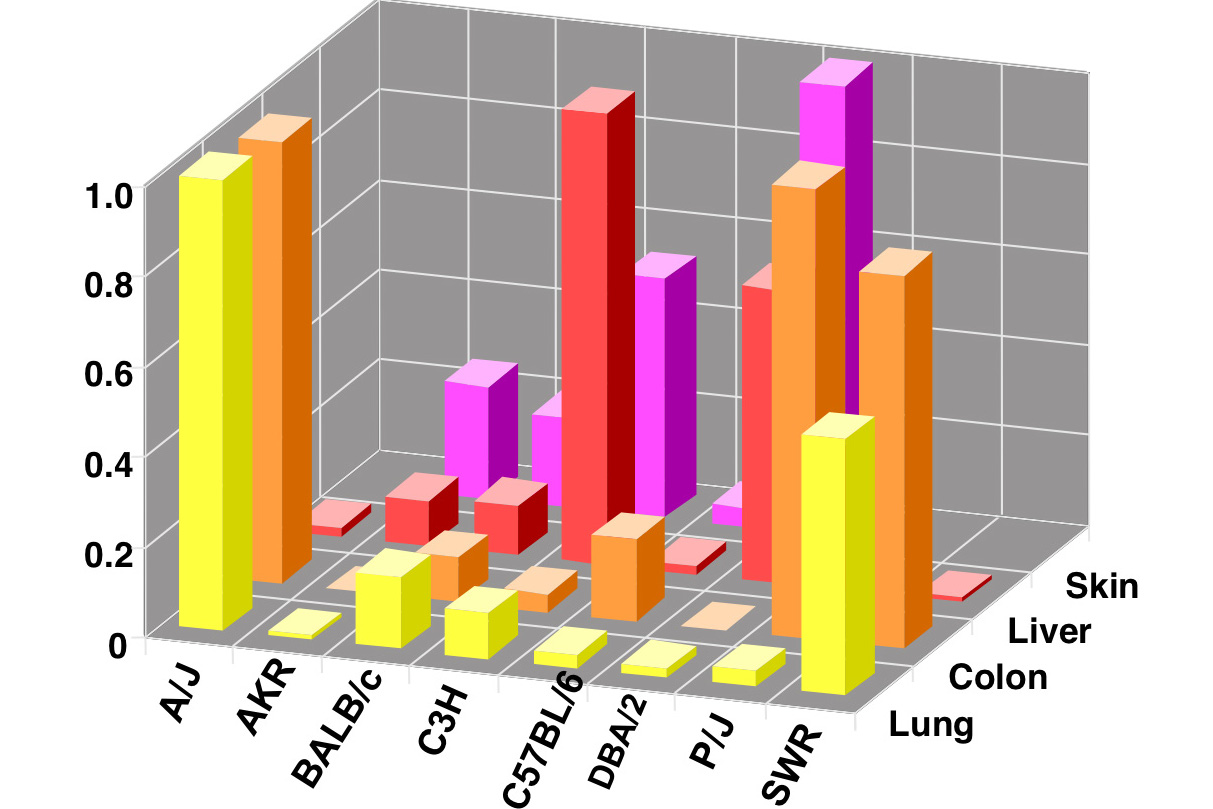
Liver Carcinogenesis and Use of Rat and Mouse Models
Following a presentation of basic principles of carcinogenesis with emphasis on liver cancer development and intrinsic susceptibility factors, examples of specific rat and mouse animal models of hepatocarcinogenesis are provided.
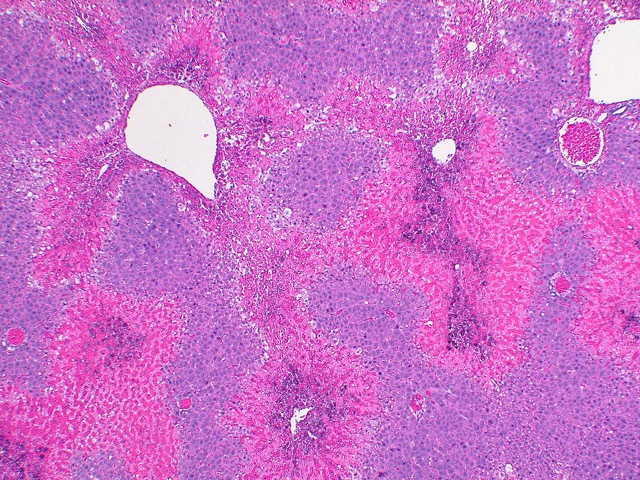
Xenobiotic-Induced Toxicologic Pathology of the Liver
Examples of chemical and drug-induced liver lesions including non-neoplastic and neoplastic proliferative changes typical found in prechronic and chronic rat and mouse toxicity studies are provided with photomicrograph examples.
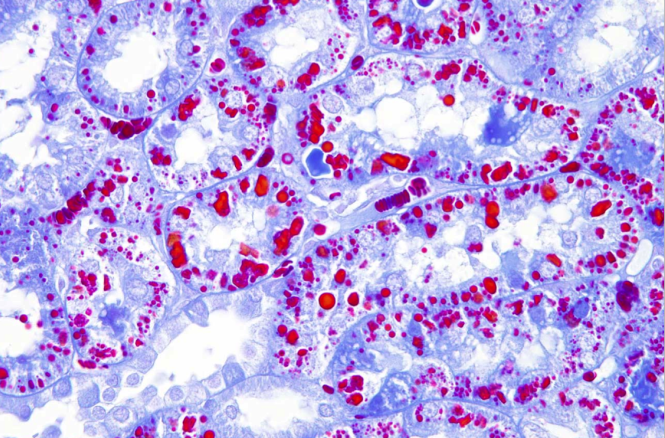
Rodent Tumors of Questionable Relevance to Man
Some species-specific rat and mouse tumor responses seen in cancer bioassays that are not relevant to human health risk include alpha-2u globulin induced renal cancer, urinary bladder tumors, carcinoids secondary to blockage of gastric acid secretion, various endocrine tumors, forestomach tumors, Zymbal’s gland tumors, preputial and clitoral gland tumors and Harderian gland tumors.
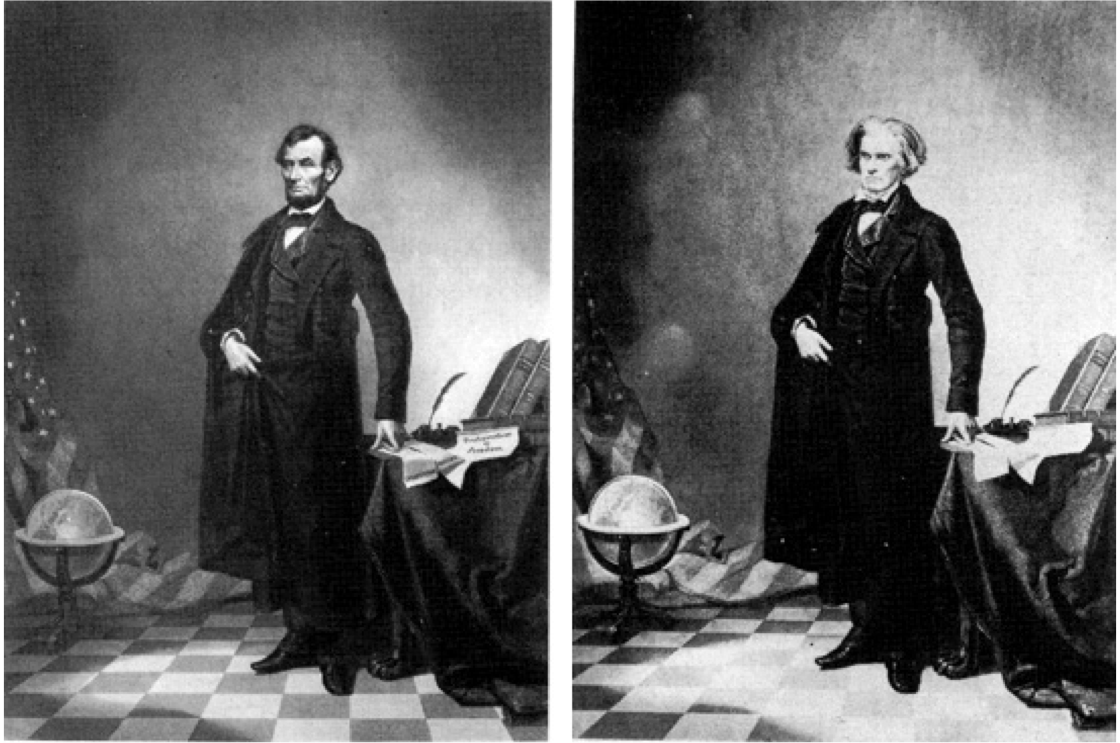
Responsible Authorship and Publication Practices
Appropriate documentation of authorship and use of acknowledgements as well as how to put together a manuscript for scientific publication are presented. In addition examples of the ethics of image and figures adjustment for inclusion in submitted manuscripts are provided.